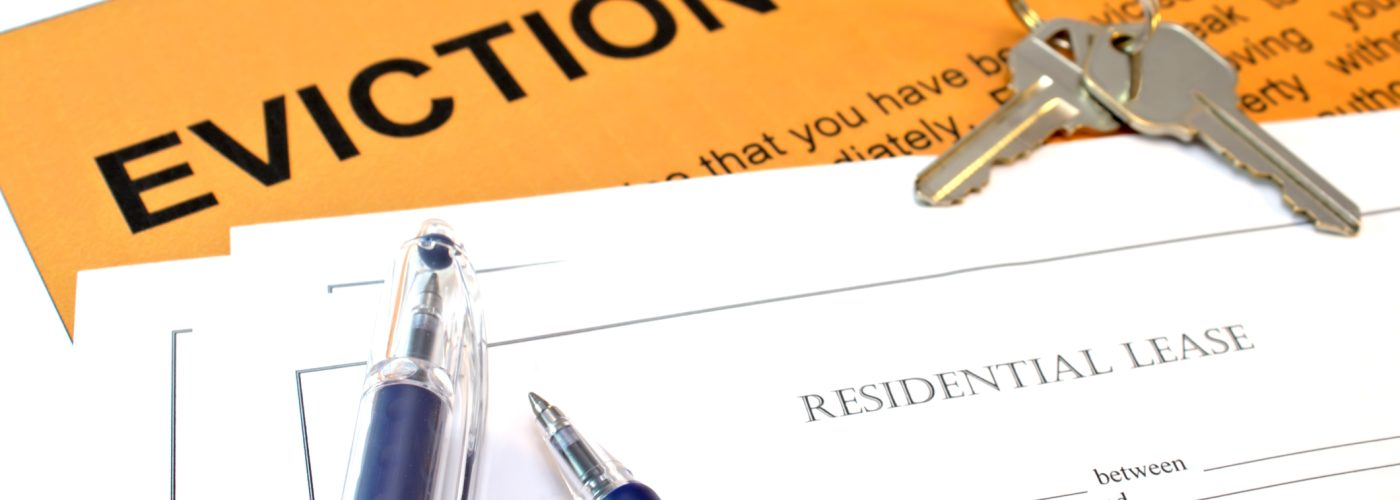It takes an average of 118 days for court-appointed bailiffs to evict tenants from private landlords properties after bringing a claim to court.
Landlords in London are the most likely to have to evict, while those in the South West, North East and West Midlands were least likely to have to go all the way to court to secure their evictions. Landlords can see at a glance how their region fares here.
New analysis of government figures by Simple Landlords Insurance shows it took an average of 16.9 weeks from claim to bailiff eviction in the first quarter of 2018. A total of 21,429 possession claims were brought to court last year, of which 6,260 ended in eviction by bailiff.
It’s the first time that the length of time it takes for private landlords to evict through the court system has been made public – and it’s been broken down by region and population density so landlords – and tenants – can find out exactly what level of risk they face in each area of England and Wales.
Tom Cooper, Director of Underwriting at Simple Landlords Insurance, says: “The good news for everyone is that in 2017 only 0.5% of landlords made a possession claim in court. And only a third of those had to go through to the bitter bailiff end. The bad news is that if it does happen to you, it can cost a lot of money – and not just the average £1,700- £2,000 in legal fees.
“We wanted to get a more realistic idea of the impact of the process in terms of lost income, inconvenience, and ongoing legal fees in the worst and longest case scenarios. Just looking at lost rent, there are few landlords who can afford to lose up to 6 months’ worth – the time it takes for a tenant to go into arrears, for them to issue a Section 21 notice, and then for them wait 17 weeks to see the court process through.”
Key findings
The headlines for landlords include:
- During 2017, private landlords brought 21,439 possession claims to courts in England and Wales.
- 27% of claims didn’t receive a court order. Many claims are rejected for failing to follow the correct eviction proceedings.
- The average insurance payment made for eviction support is £4,341.22, which includes legal expenses and lost rent.
- Landlords in London are more likely to have to evict a tenant, the figures show. Buy-to-let investors in the capital brought 195.3 claims per 100,000 households last year.
- Landlords in the South West of England were least likely to bring eviction proceedings to court, with 58.9 claims registered per 100,00 households, followed by the North East and West Midlands.
- It took longer for social housing providers to evict tenants, with an average claim-to-repossession time of 27.9 weeks vs 16.9 for private landlords.
The eviction timeline
The Ministry of Justice figures revealed it took an average of 6.9 weeks for a private landlord’s claim to result in the issue of an order requiring a tenant to leave the property. For those whose tenants stayed past the date given on the notice, it took an additional 3.2 weeks from the initial order to the granting of a possession warrant, and a further 6.8 weeks for a bailiff to take possession of the home if the claim went to the final stage making the total 16.9 weeks.
Rent arrears and legal expenses
Landlords can mitigate the risk of lost income, time and property damage if they have to bring possession proceedings to court with legal expenses insurance and rent guarantee insurance.
Legal expenses insurance helps landlords navigate the evictions process, including serving an eviction notice correctly, and legal support in court. Simple Landlords Insurance’s product includes 24/7 access to advice from its legal partners and costs £39.50 per year.
Rent guarantee insurance compensates landlords for the income they lose over the many months an eviction process can take, as well as the legal fees for pursuing an eviction through the court system, with premiums from £79.99 a year (based on the monthly rental income a landlord wants to cover).
Tom Cooper added: “We know that rent arrears are high up on the list of landlord worries. Possession claims by private landlords have risen by 3.5% in the last two years. Over the same period we’ve seen a 61% increase in take-up of rent guarantee insurance in addition to legal expenses cover as landlords feeling the pinch from tax and regulatory changes try to mitigate the risk of repossession.”
More detail on the analysis can be found here.





